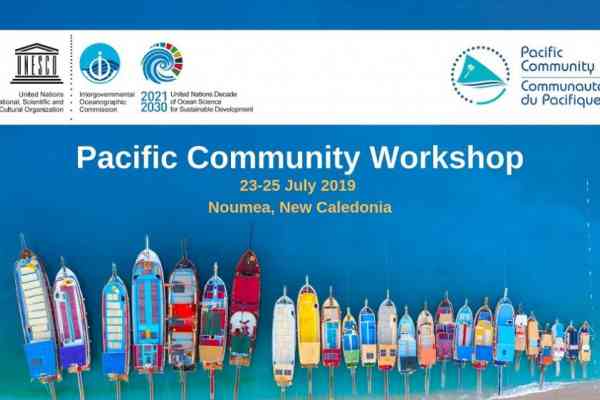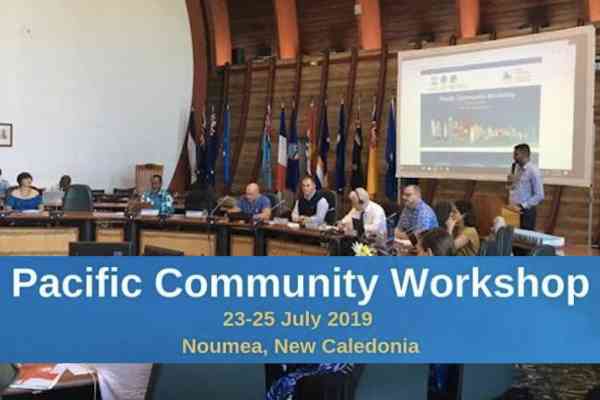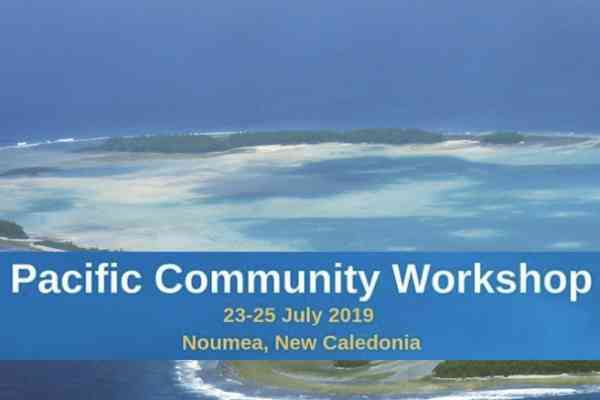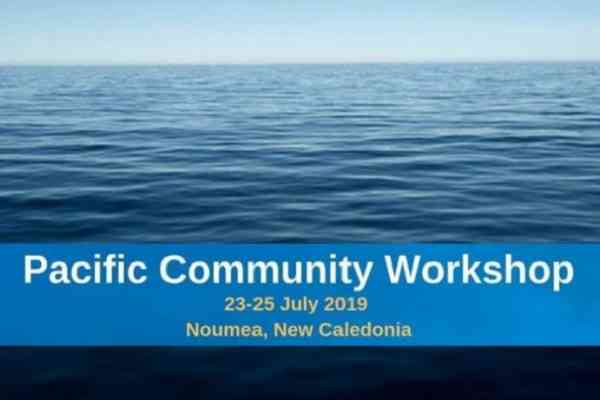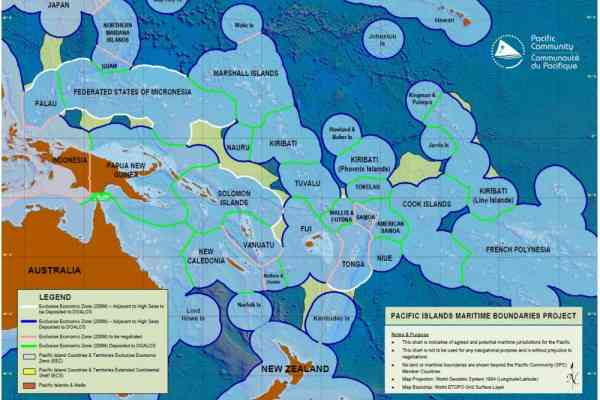'Failing but not yet failed': we need to improve ocean health
- Jul 23, 2019
- By Samantha Magick
“We are failing, but we have not yet failed. There is still time in the next ten years to turn things around. It’s our last chance. And our survival as a species depends on the health of the oceans.”
This is the rallying cry of the Pacific Community’s Oceans Manager, Jens Kruger on the eve of a meeting of scientists, government representatives, policy makers, civil society organisations, community representatives and academics to plan for the UN Decade of Ocean Science for Sustainable Development.
Despite a long list of threats to the ocean—including sea level rise, habitat destruction, coral bleaching, acidification, overfishing, deoxygenation and deep-sea mining, many of which are detailed in the inaugural Global Ocean Science Report—Kruger is optimistic there is still time to turn things around.
“In the Pacific we live with the ocean and by the ocean, and we derive our life from the ocean, so it’s a subject that is very important to us and we need to bring everyone else in the world along on that journey to improve the health of the ocean.
“I’m optimistic that we can look towards science to provide some of those solutions that we need to tackle and be innovative. We realise that business as usual is not going to be good enough so the decade really tries to be transformative.”
The diversity of participants at the meeting reflects an approach that defines science in the broadest sense.
“We know that we can’t just have pure science or physical science in the decade. For example, for us in the Pacific, culture and arts is very important and policy is not just informed by science but also by social science,” Kruger says.
“We recognise that traditional knowledge sits alongside science and can provide really good innovative approaches to tackling some of the issues.”
The UN Decade of Ocean Science for Sustainable Development will begin in 2021 and is intended to ensure ocean science can support countries to meet their 2030 Sustainable Development Goals, in particular, those relating to conservation and sustainable use of oceans, seas and marine resources. The Noumea meeting is the first of 8-10 similar gatherings that will be held around the world to create action plans as part of these coordinated global efforts.
Samantha Magick’s story has been developed as part of the Pacific Community Workshop on the UN Decade of Ocean Science for Sustainable Development 2021-2030. This was made possible through SPC’s Australian funded Climate and Ocean Support Program in the Pacific (COSPPac). COSPPac works to help translate ocean science that is critical and relevant to the Pacific region to better inform evidence based decision making for our climate and oceans
